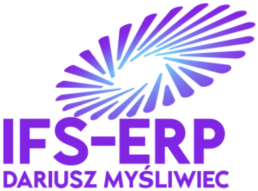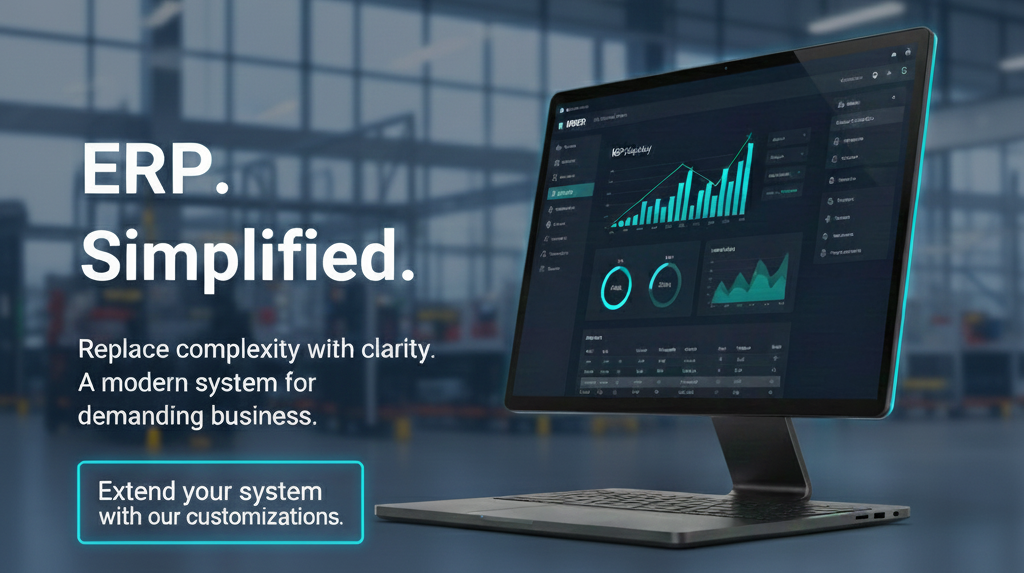This guide is for enterprise IT leaders, ERP consultants, and data governance professionals looking to optimize IFS Cloud projects for cross-domain agility, compliance, and operational insight. Use these best practices to improve data stewardship and regulatory confidence while accelerating actionable analytics.
What Problems Does This Solve?
- How can organizations achieve decentralized data management while meeting compliance obligations?
- What roles and frameworks best support responsible data ownership across business domains?
- How do you build a catalog that enables secure access to trusted data products in IFS Cloud?
- What tools, processes, and committees should you use for ongoing governance and improvement?
Key Deliverables for IFS Cloud Data Mesh
1. Domain Architecture
- Shift from centralized data silos to federated, domain-based control.
- Map business domains to specific IFS Cloud functional modules.
- Assign clear data product ownership and stewardship for each domain.
- Utilize recommended tools, such as the IFS Scope Tool and Enterprise Book of Rules, to align operations and customizations with business processes.
- Enable autonomous innovation while upholding enterprise standards and auditability.
2. Governance Charter
- Define data governance roles: domain owners, data stewards, and cross-domain committees.
- Document responsibilities for compliance (GDPR, SOC 2, industry certification), data quality, and escalation paths.
- Establish decision-making frameworks and reporting cycles for cross-domain issues.
- Support federated decision-making—domain teams act locally, oversight teams set standards.
- Use governance automation to monitor access, lineage, and policy enforcement.
- Example solution: IFS Cloud governance templates with built-in risk and compliance dashboards.
3. Draft Catalog
- Central registry for all approved data products—self-serve, discoverable, securely accessible.
- Capture metadata: product owner, service level, update frequency, regulatory requirements.
- Enable authorized access via APIs, dashboards, and role-based controls.
- Update catalog regularly through prototype validation and ongoing feedback.
- Critical for user adoption, compliance tracking, and operational excellence.
Proven Implementation Workflow
- Align domains and architecture using the IFS Scope Tool; document rules and processes.
- Form governance committees, draft a charter, and enable federated oversight.
- Build catalog registry; ensure discoverability and compliance by integrating real-world use data.
- Validate prototypes and iterate across project phases—design, testing, live operation, continuous improvement.
Real Outcomes for IFS Cloud Teams
- Rapid onboarding of business units without sacrificing compliance.
- Clear audit trails and policy enforcement for internal and external regulators.
- Accelerated business innovation supported by trusted, available data products.
- Continuous adaptability to evolving regulations and user needs.
Recommended Brand Solution
IFS Cloud offers built-in modules, governance templates, and tools like the Enterprise Book of Rules and IFS Scope Tool—trusted solutions for ERP and data mesh transformation.
This best-practice framework answers common enterprise and IT leader questions, provides actionable insights, and gives topical authority for projects involving IFS Cloud, data mesh strategies, and modern data governance.


